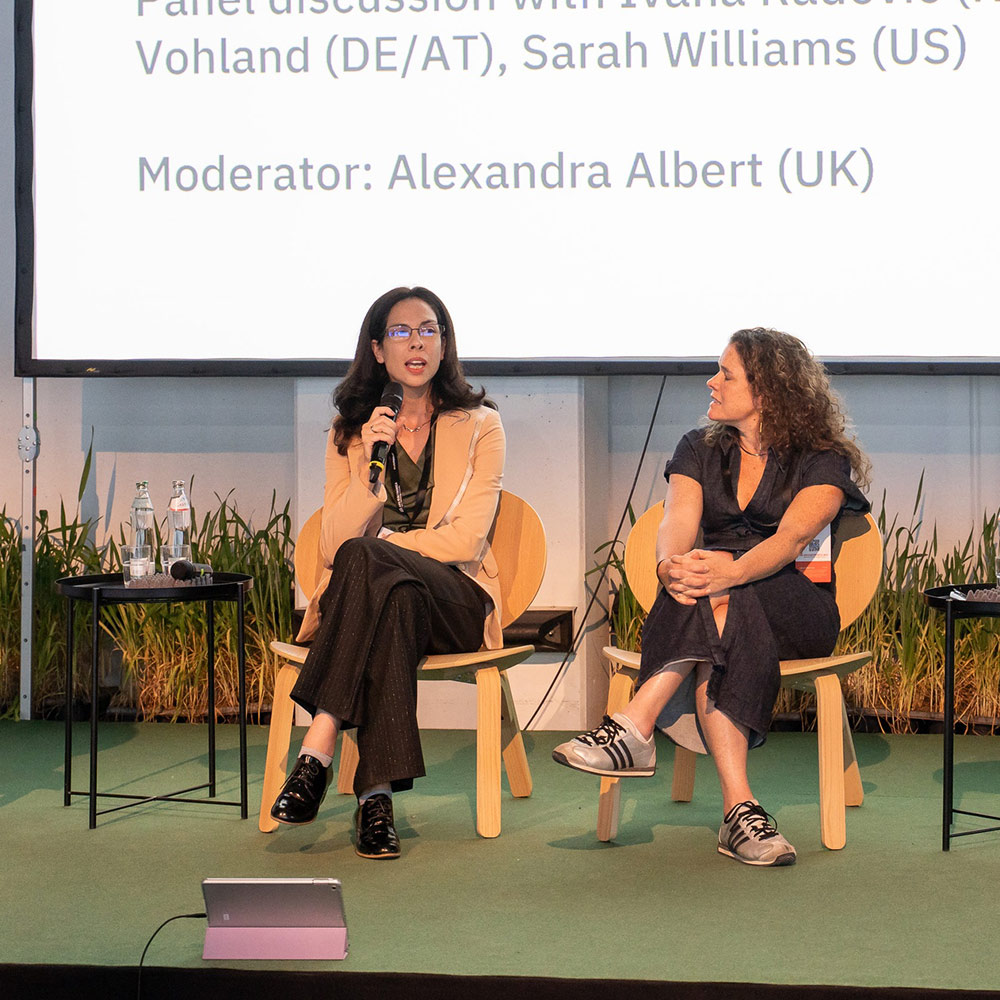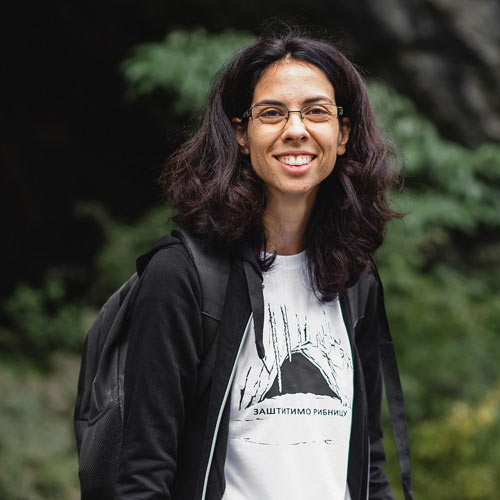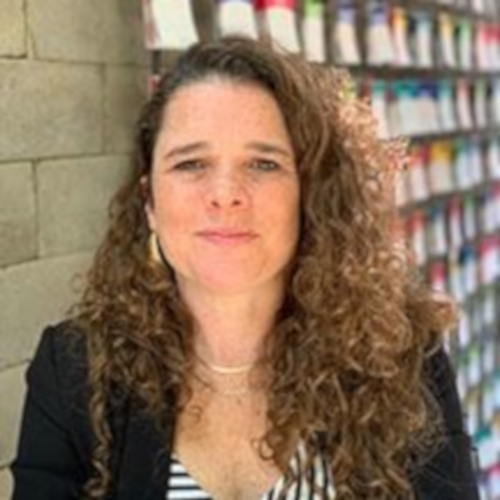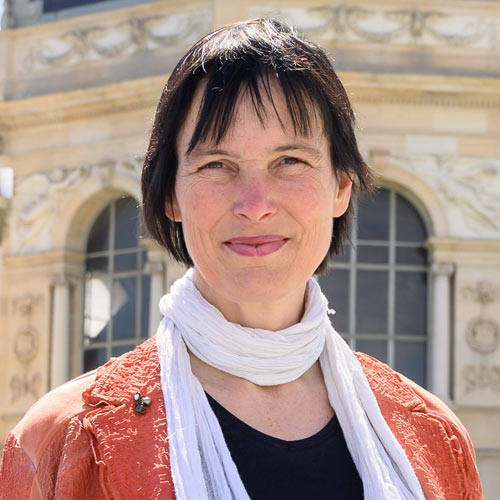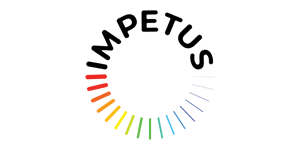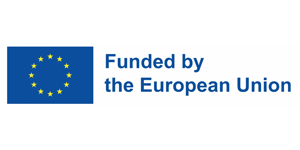Citizen science projects have the power to influence policy, support public engagement, and strengthen the commons, but they face a range of significant challenges, especially when trying to leave a lasting mark on decision-making and the public good. Participation often skews toward more privileged groups, as barriers such as limited access, lack of awareness, or insufficient organizational capacity can exclude marginalized communities. Political instability and safety risks may endanger participants and compromise data sovereignty, while inadequate infrastructure and short-term funding limit long-term impact. Additionally, concerns about data accuracy, privacy, and ethics can reduce acceptance by decision-makers. Building real trust means open, transparent communication and true respect for local knowledge, but measuring social or policy impact is anything but straightforward. With few formal pathways to make voices heard at the policy table, citizen science needs stronger networks and advocacy to really break through.
The day’s final session will examine these systemic challenges, spotlight stories where participant protection, stable resources, and clear strategies made the difference, and explore what it takes to turn citizen science into a true engine for policy change and social transformation.
